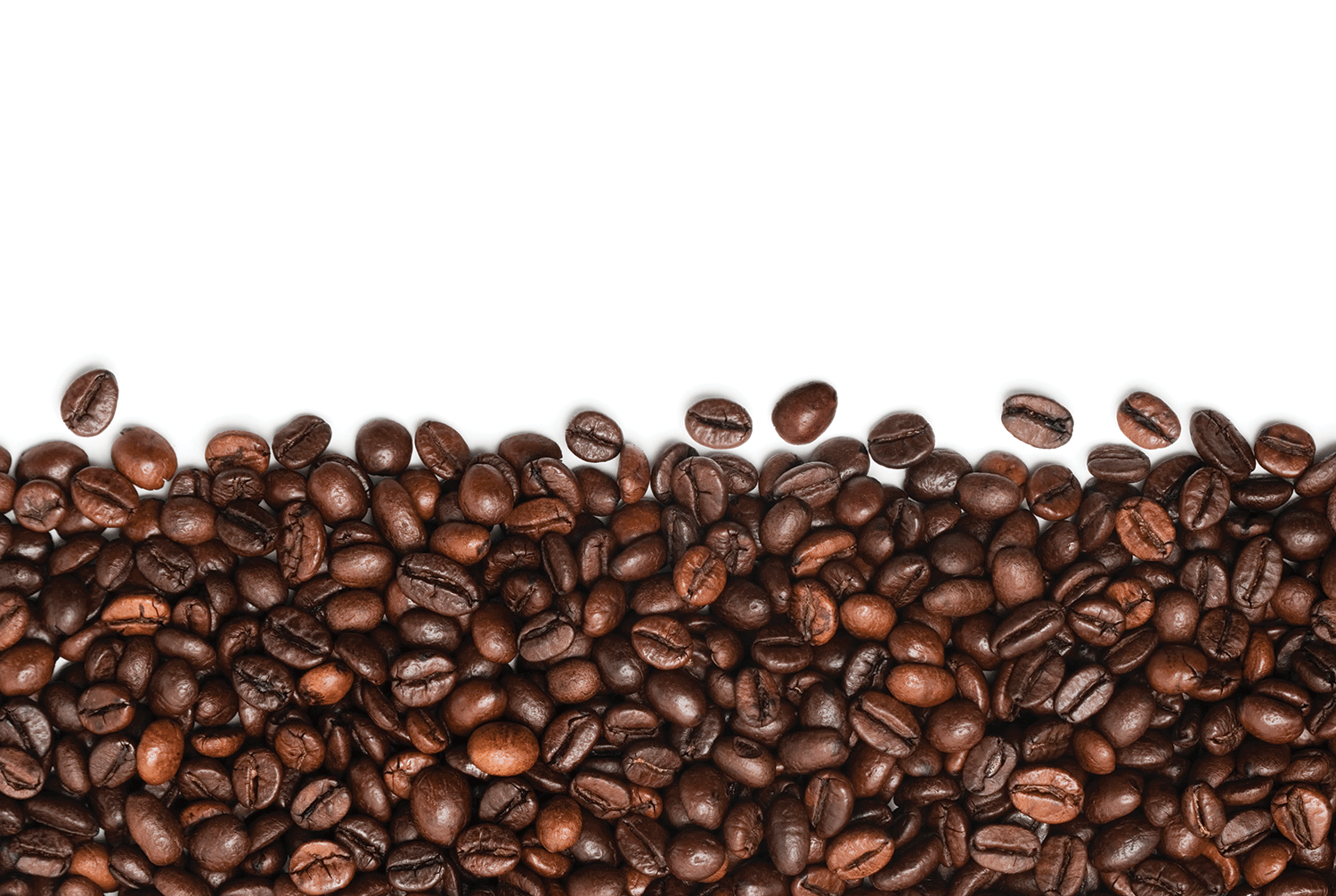Does drinking coffee affect your cancer risk? Researchers have been attempting to answer this question for at least 40 years as part of a larger effort to make connections between diet and health. But today, with benefits shown in some studies and harms in others, there is still no definitive conclusion about the relationship between coffee and cancer.
Two recent studies suggest a possible benefit. The first, published Jan. 1 in the American Journal of Epidemiology, followed close to a million people for 26 years. During that time, 868 people died of mouth or throat cancer. The study found that those who drank more than four cups of caffeinated coffee a day were half as likely to die of these cancers as those who occasionally or never drank it.
The second study, published in the August 2012 American Journal of Clinical Nutrition, followed half a million people for 10 and a half years. During that time, 6,730 of the participants were diagnosed with colorectal cancer. The study found that those who drank four to five cups of coffee (regular or decaf) a day had a 15 percent lower risk of being diagnosed with colorectal cancer than non-coffee drinkers. (Drinking six or more cups a day resulted in a 25 percent lower risk.) These findings suggest that compounds in coffee other than caffeine may be the anti-cancer agent, says Rashmi Sinha, an epidemiologist at the National Cancer Institute in Bethesda, Md., who led the study.
But other studies have raised concerns about coffee. For example, an analysis of 13 studies by a research group in Shanghai, published in Lung Cancer in 2010, found that those who drank the greatest amount of caffeinated coffee had a lung cancer risk 27 percent higher than those who drank the least. And a review of 500 studies published that same year in Nutrition and Cancer suggested that men who drank more than five cups of coffee a day had a higher risk of bladder cancer.
The lack of information about coffee’s biological effect on the human body complicates efforts to make sense of these disparate findings. It is known that coffee contains many biologically active compounds, like antioxidants, says Janet Hildebrand, an epidemiologist at the American Cancer Society in Atlanta who led the new study on mouth and throat cancers. And there are some compounds specific to coffee that have been studied in the lab and been found to have anti-cancer properties. These compounds may also have anti-cancer properties in people. But observational studies that follow people over time aren’t able to make this direct link, explains Melissa Wellons, an epidemiologist at Vanderbilt University in Nashville, Tenn.
In sum: There appears to be no reason to start—or stop—drinking coffee to reap anti-cancer benefits. Wellons’ advice: If you are going to drink coffee, do so in moderation—which means no more than four cups a day.
Cancer Today magazine is free to cancer patients, survivors and caregivers who live in the U.S. Subscribe here to receive four issues per year.





